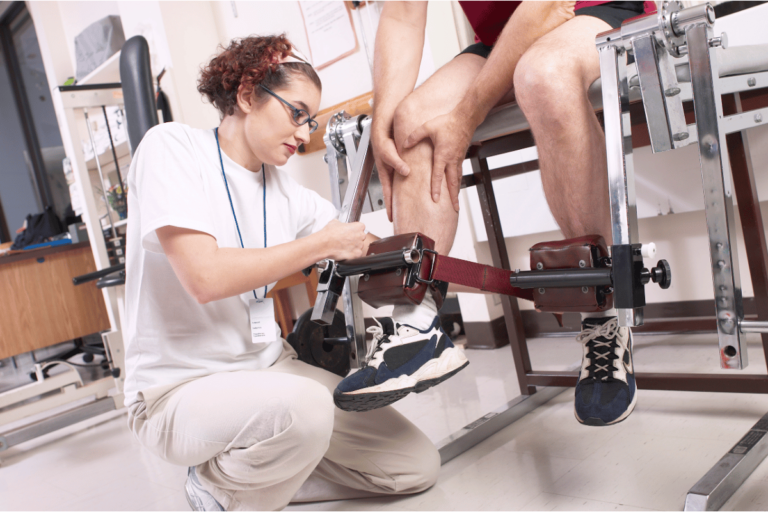Combat Body Odor: Effective Prevention Tips
Combat body odor effectively by prioritizing personal hygiene. Shower daily, focusing on sweat-prone areas like armpits. Use antiperspirants to control sweating and mask odors. Opt for breathable clothing, like cotton, to reduce bacterial growth. Shaving armpits can decrease odor by limiting bacteria surface area. If odor persists, seek medical advice. These tips work together to fight body odor at its source and keep you feeling fresh and confident. Improve your hygiene routine to tackle body odor effectively.
Key Takeaways
- Shower daily, focusing on sweat-prone areas like armpits and groin.
- Use antiperspirants and deodorants post-shower to control sweating and mask odors.
- Choose breathable fabrics like cotton to reduce sweat buildup and bacterial growth.
- Shave armpits to decrease surface area for bacteria and aid in sweat reduction.
- Consult a healthcare provider for persistent body odor or excessive sweating issues.
Importance of Personal Hygiene
Maintaining good personal hygiene plays an essential role in combating body odor and promoting overall well-being. Hygiene habits such as regular bathing or showering help remove sweat and bacteria that contribute to odor.
Effective sweat management is crucial in preventing body odor, as sweat provides a medium for bacteria to thrive and cause unpleasant smells. Ensuring that you shower daily and pay particular attention to areas prone to sweating, such as the armpits and groin, can greatly reduce body odor.
Additionally, using antiperspirants and deodorants after showering can help control sweating and mask any odors. By incorporating these hygiene practices into your daily routine, you can effectively combat body odor and feel more confident throughout the day.
Role of Antiperspirants and Deodorants
To effectively manage body odor, understanding the role of antiperspirants and deodorants is key in controlling sweating and reducing unpleasant odors. Antiperspirants work by blocking the sweat glands' chemical composition, specifically the eccrine glands, which are responsible for producing most of our sweat. By inhibiting sweat production, antiperspirants help keep the skin dry and minimize the environment where odor-causing bacteria thrive.
On the other hand, deodorants target the bacteria themselves, often containing antimicrobial agents that repel or neutralize these odor-causing organisms. When choosing between antiperspirants and deodorants, consider your individual needs and preferences. By incorporating these products into your daily routine, you can effectively manage body odor and feel more confident throughout the day.
Impact of Clothing Choices
Choosing appropriate clothing can greatly impact the level of body odor you experience throughout the day. Fabric selection plays an essential role in odor control. Opt for natural materials like cotton, which are breathable and allow for better air circulation, reducing the buildup of sweat and bacteria.
These materials also have good sweat absorption properties, keeping your skin drier and less prone to odor. Avoid synthetic fabrics that trap moisture and heat against your skin, creating an environment where bacteria thrive. By choosing the right clothing materials, you can effectively manage body odor and feel fresher for longer periods.
Benefits of Shaving Armpits
Considering the impact of clothing choices on body odor, exploring the benefits of shaving armpits can further enhance your efforts in managing sweat and odor effectively. Shaving your armpits offers hygiene benefits by reducing the surface area where bacteria can thrive, ultimately decreasing odor.
Additionally, removing underarm hair aids in sweat reduction as hair can trap moisture and create a conducive environment for bacterial growth. This process allows sweat to evaporate more quickly, keeping your underarms drier and less prone to developing a strong odor.
Embracing the practice of shaving your armpits not only contributes to improved hygiene but also plays a significant role in minimizing sweat and odor-related concerns.
When to Seek Medical Advice
If you notice persistent or worsening sweating and body odor despite lifestyle modifications, it may be time to seek medical advice. Professional guidance is vital when dealing with excessive sweating that doesn't improve with typical remedies. A medical evaluation can help identify underlying conditions contributing to your body odor issues. Here is a table to help you understand when it might be necessary to consult a healthcare provider:
| Signs to Seek Medical Advice | Reasons for Evaluation |
|---|---|
| Persistent or worsening body odor | Underlying medical conditions |
| Excessive sweating that impacts daily life | Professional guidance on management |
Conclusion
Now that you have the tools to combat body odor, it's time to put them into action and take control of your personal hygiene. Remember, prevention is better than cure, so staying proactive is key.
By following these tips, you can kick body odor to the curb and feel as fresh as a daisy. So don't sweat it – tackle body odor head-on and embrace a new level of confidence.







